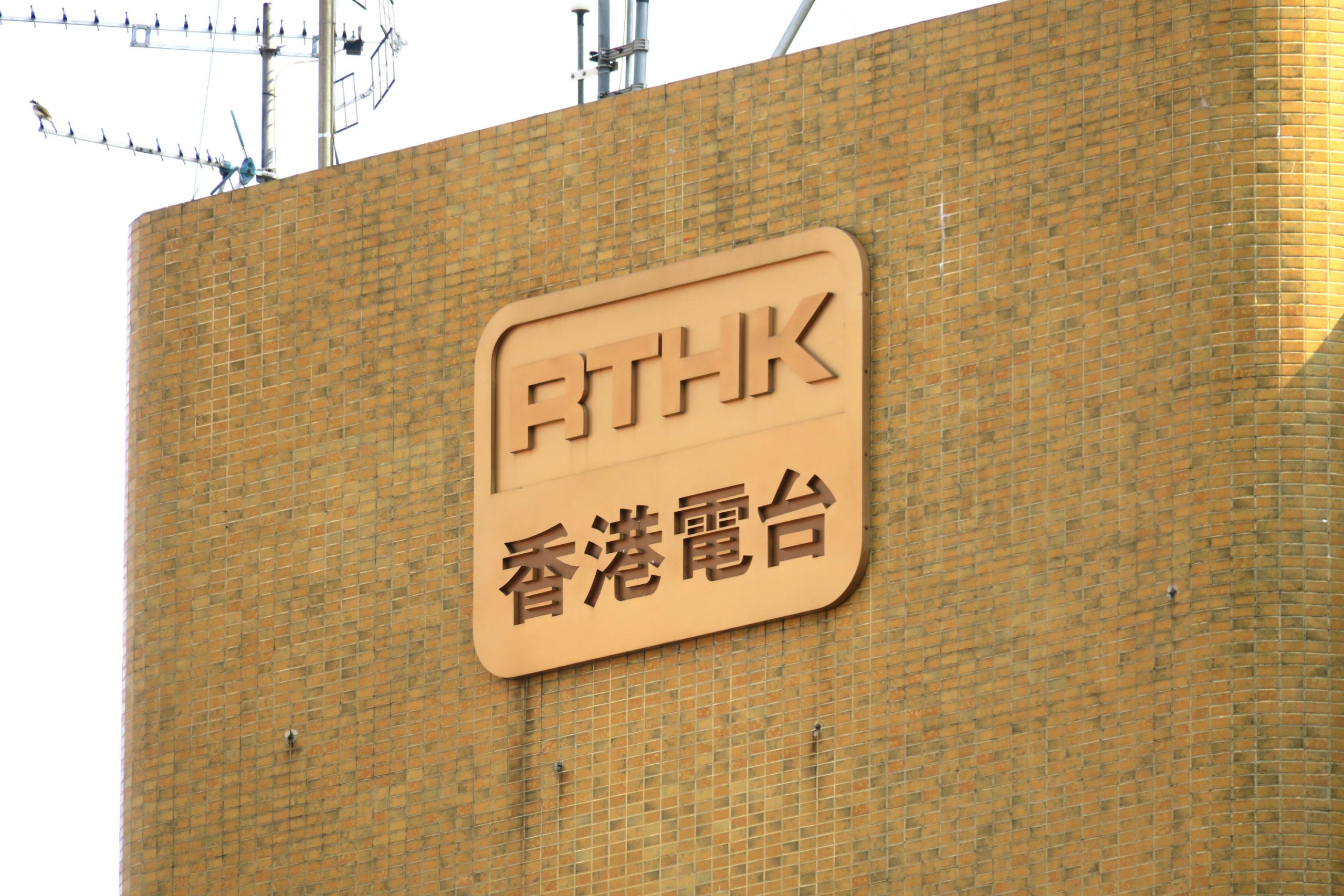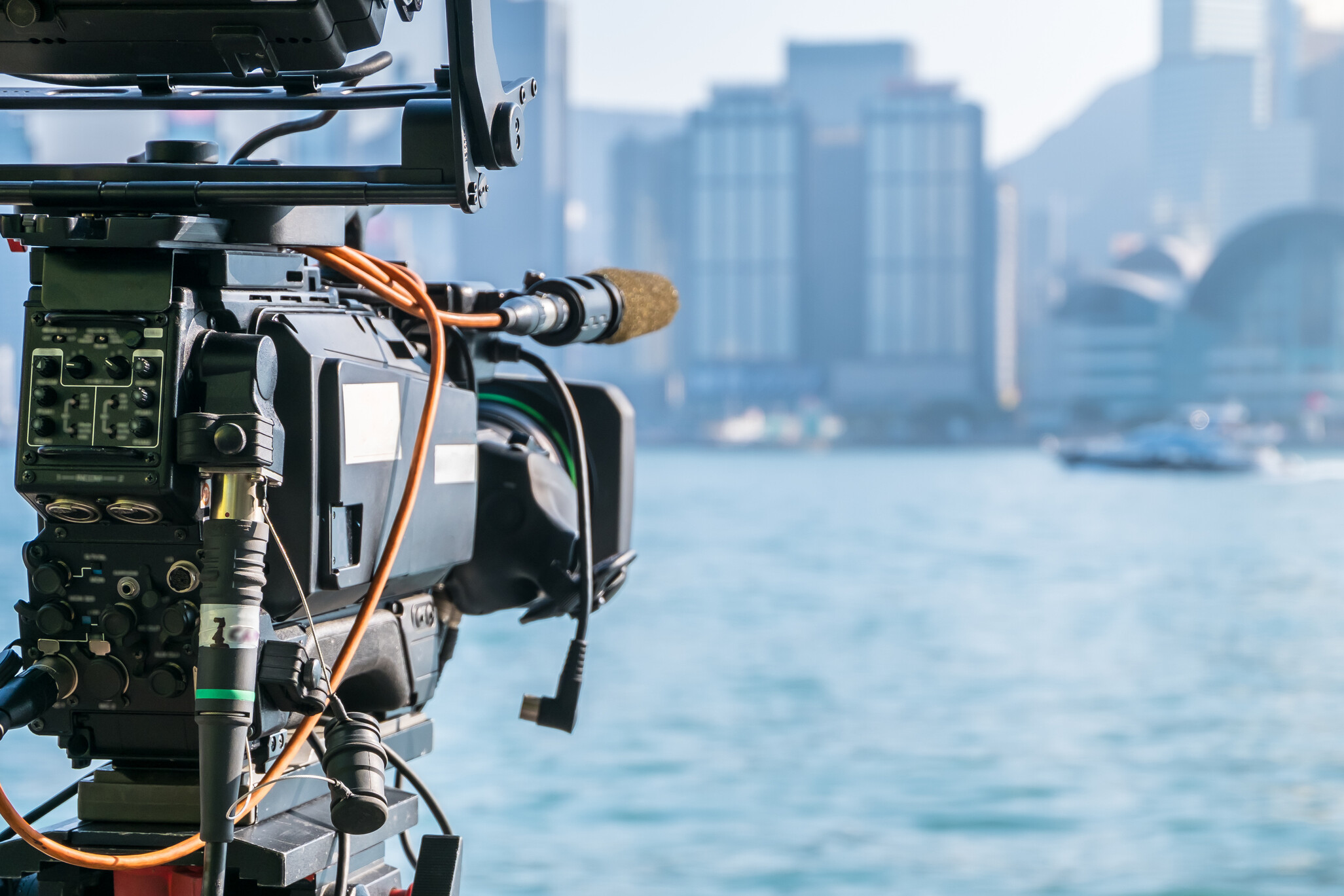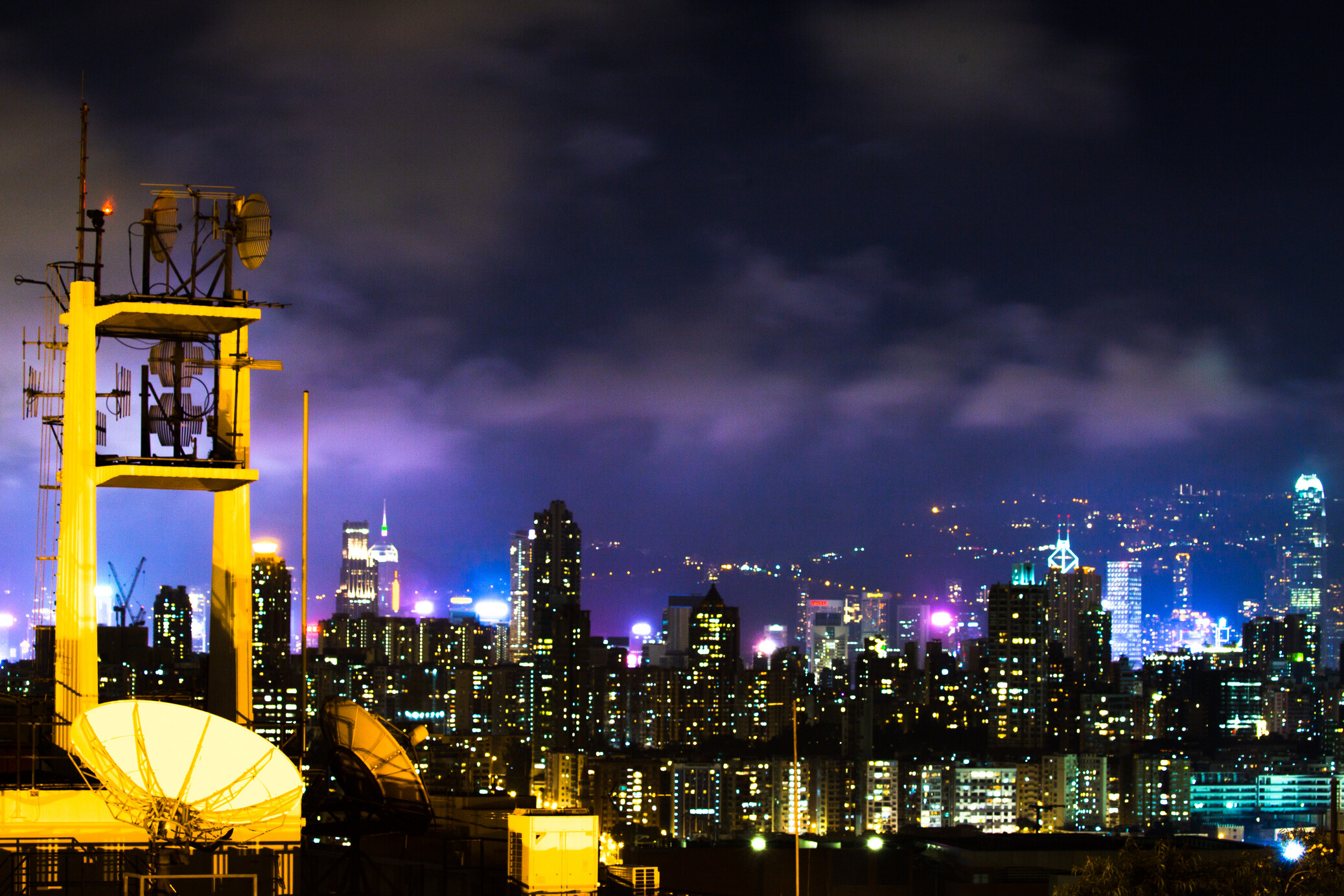Sweeping changes to Hong Kong’s electoral system signal a slow death for democracy – and independent media.
Independent media in Hong Kong are not unfamiliar with the fallout from controversial national legislation and the growing influence of Beijing. The National Security Law, passed in June 2020, was a severe blow to democracy and stifled media freedom. The law, which targets secession, subversion, terrorism, and collusion with foreign forces has been used to crackdown on pro-democracy protests as well as political disqualifications, book purges and arrests. The wide-sweeping law has also been effective in its use to censor independent journalists, activists, and members of the wider public. A year after its hasty passage, the security law remains a significant challenge to public media and independent journalism.
But Beijing’s influence on Hong Kong has gone even further. On May 27, the Hong Kong Legislative Council (LegCo) passed the “Improving Electoral System Bill 2021” to significantly reshape Hong Kong’s electoral system. The bill brings Hong Kong more in line with Beijing’s policy that only “patriots” should be allowed to govern the city, South China Morning Post reported. Under the bill, the Election Committee, which is responsible for not only nominating LegCo candidates but also choosing the chief executive and some LegCo members, will be expanded from 1,200 to 1,500 members. LegCo will also increase from 70 to 90 members. With the vetting and election of candidates entirely in the hands of a pro-Beijing panel, democratic representation is expected to be reduced.
Chief Executive Carrie Lam, lauded the bill’s passage and said, “Whoever meets the requirements and criteria of being a patriot, irrespective of their political stance, can participate in elections and be elected in accordance with the law.” But it is clear that to the current Hong Kong administration patriotism has become synonymous with touting the government’s line.
RTHK
These sweeping changes are likely to have a significant impact on media freedom in Hong Kong at a time when journalists are already reporting in an increasingly restrictive political environment. Journalists are witnessing the dwindling of independence across sectors, including their own, and more are being driven to self-censorship. At public broadcaster RTHK, political interference has become rampant (as we’ve reported time numerous times in recent months) with accusations of direct censorship amid unexplained programme changes and cancellations.
An episode of current affairs programme Hong Kong Connection about changes to the city’s electoral system was reportedly axed and replaced while the long-running current affairs programme, Letter to Hong Kong, was cancelled on Monday and will be replaced with a new show.
RTHK staff and programmes are under increased scrutiny due to an impending code of conduct and new screening requirements for all programmes before they air. Recently, the inclusion of “unapproved” footage in the show Legco Review has resulted in an external team taking over the show’s production and disciplinary action for staff who worked on the programme. RTHK’s Director of Broadcasting, Patrick Li, further said the staff could be forced to pay for the production costs themselves. The Hong Kong Journalists Association (HKJA) denounced the decision to outsource Legco Review’s production, calling the move “totally disproportionate” and “disturbing”.
RTHK journalists were also told to not produce political stories on the anniversary of the Tiananmen Square massacre, held on 4 June, The Guardian reported. The order coincided with the resignation of yet another RTHK executive. On 4 June it was reported that Jace Au, acting Assistant Director of TV and Corporate Businesses, had resigned after more than 30 years of service. She will leave her post on 18 August.
In a further sign of change, a series of new government-centred programmes, featuring national development plans and government policies, have been announced. RTHK reported that more programmes “promoting government policies [are] in the pipeline”, with the broadcaster’s Director indicating hopes of future collaborations with mainland media. These news programmes follow more reshuffles, raising fears of further censorship and attempts to exercise more control over RTHK’s public and current affairs section.
Meanwhile, the future remains bleak for independent media in the wider landscape. Following the conviction of its owner Jimmy Lai, pro-democracy tabloid Apple Daily faces uncertainty on its future. Lai’s conviction has received widespread condemnation, with Reporters Without Borders calling on the United Nations to secure the pro-democracy figure’s release.
Header Image: Video record for live broadcasts. Hong Kong. Credit: pigphoto/iStock
Related Posts
13th May 2021
New talk show effectively transforms RTHK into a mouthpiece of the state
The Public Media Alliance condemns the…
26th April 2021
Crisis facing independent journalism in Hong Kong escalates
Troubling times ahead for Hong Kong's…
8th April 2021
Hong Kong: Stifling of independent and public media continues
There are troubling times ahead for…
24th March 2021
RTHK producer on trial amid wider concerns for public broadcaster
An RTHK producer has gone on trial for…



